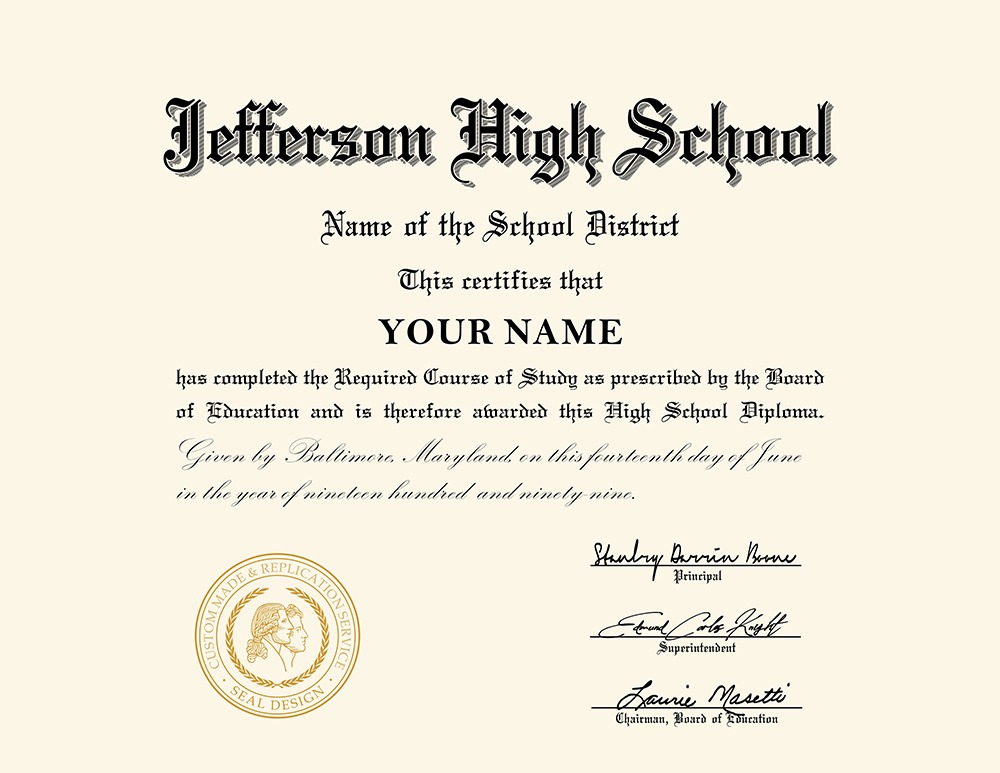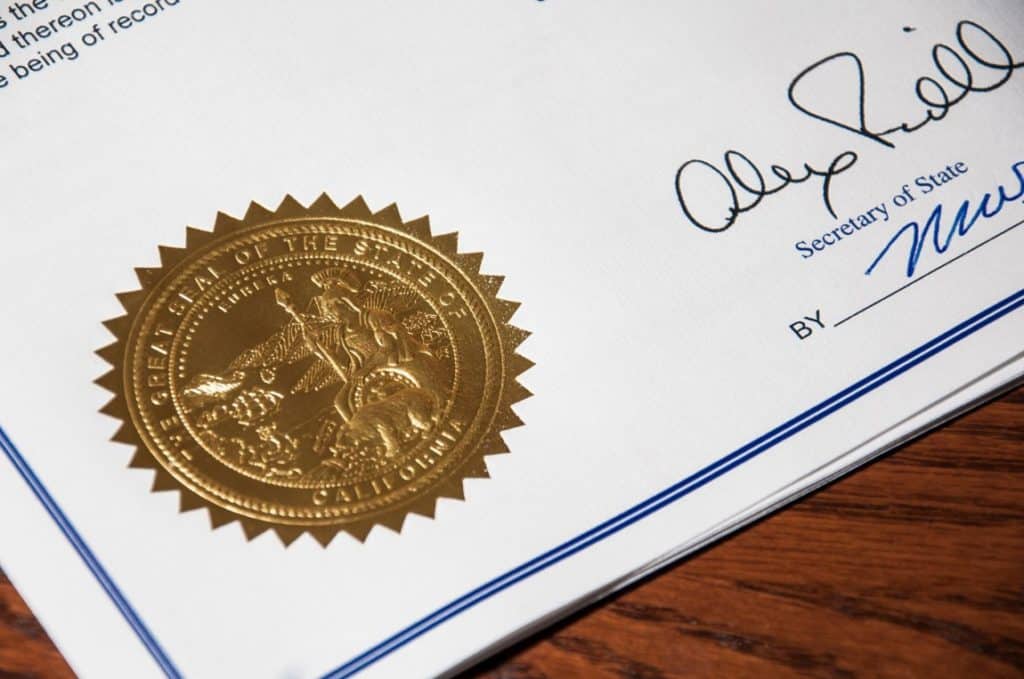Comprehending the Apostille Refine: A Comprehensive Guide to International Paper Verification
Navigating the complex landscape of global paper verification can be daunting without a clear understanding of the apostille process. This guide diligently describes the essential steps, from identifying which files require accreditation to submitting them for confirmation by the Competent Authority. Grasping the significance of an apostille and acknowledging prospective challenges, such as incomplete submissions and language barriers, can dramatically simplify the authentication journey. What precisely specifies an apostille, and why is it so important for papers predestined for Hague Convention nations? These concerns develop the structure of our exploration right into this essential legal treatment.
What Is an Apostille?
An apostille is a main qualification that confirms the credibility of a record for usage in an additional nation. This qualification, provided by an assigned authority in the country where the document stemmed, ensures that the record is recognized as valid and reputable in the global field. The process of obtaining an apostille includes a number of steps, consisting of the confirmation of the file's signatures, seals, and stamps by ideal governmental bodies.
The apostille functions as an internationally identified kind of authentication, made feasible by the Hague Convention of 1961. This treaty, officially referred to as the Hague Convention Eliminating the Requirement of Legalisation for Foreign Public Records, systematizes the process of record qualification among member countries. The apostille itself is a standardized certification that consists of certain information, such as the releasing authority, the country of beginning, and the date of issuance.
It is important to note that not all papers are eligible for an apostille. Typically, public records like copyright, marriage licenses, court orders, and educational diplomas receive this accreditation. Exclusive files, such as agreements and agreements, may call for notarization and extra actions to qualify.
Value of Apostille
Comprehending what an apostille is sets the stage for valuing its significance in worldwide ventures. houston tx apostille. An apostille, basically a form of accreditation issued by an assigned authority, confirms the authenticity of a paper for use in international nations that are signatories to the Hague Apostille Convention. This standardized procedure removes the need for more legalisation by embassies or consulates, consequently streamlining worldwide purchases
The significance of an apostille can not be overstated. It makes certain the reputation and acceptance of important papers-- such as copyright, marriage licenses, and educational diplomas-- throughout over at this website borders. For businesses, it assists in the smooth conduct of global profession, mergings, and procurements by offering a trusted website here technique of record confirmation. This lowers bureaucratic obstacles, conserving both time and sources.
Furthermore, an apostille enhances lawful safety and security and compliance. Federal governments and organizations can confidently rely on the authenticity of records bearing an apostille, mitigating the threat of fraud and misrepresentation.
Records That Require Apostille
When participating in international purchases or legal issues, details files usually necessitate the verification offered by an apostille. This guarantees their acknowledgment and acceptance in countries that are notaries to the Hague Apostille Convention. Commonly, individual records such as copyright, marriage certifications, and fatality certifications require an apostille, specifically when they are used for processes like immigration, marital relationship abroad, or global probate issues.
Educational files are one more group regularly requiring apostilles. Diplomas, transcripts, and academic documents usually need this authentication for objectives such as seeking further education and learning, employment, or professional licensing in a foreign nation (houston tx apostille). This action assures that the documents are recognized as genuine and valid
Legal papers, including powers of attorney, affidavits, and court orders, also typically require apostilles. Service papers such as certificates of incorporation, laws, and industrial agreements might call for an apostille to promote global profession, develop international branches, or take part in cross-border legal process.
Actions to Get an Apostille

Getting an apostille includes a multi-step process that makes sure the authenticity and acceptance of your documents in foreign countries. The preliminary step is identifying which documents require an apostille. houston tx apostille. Usual papers consist of birth certifications, marital relationship licenses, academic transcripts, and corporate records
As soon as determined, the paper needs to be certified by the appropriate releasing authority. This may involve registration by a notary public or verification by a local or state authorities, depending upon the kind of record. After accreditation, the paper should be submitted to the assigned Competent Authority in the paper's country of beginning. In the USA, for instance, this is generally the Secretary of State's workplace for every state.
The entry process normally calls for a completed application, the initial document, dig this and a fee. Some territories may offer the choice of expedited handling for an extra fee. Upon successful confirmation, the Competent Authority will affix the apostille certificate to the document, consequently validating its authenticity.
Typical Obstacles and Solutions
Navigating the apostille process can present several common challenges that, if not effectively attended to, might delay or complicate record authentication. Each nation has particular needs for the kinds of documents that can be apostilled, and any type of variance from these can result in rejection.
An additional usual obstacle is understanding the diverse handling times. Processing times can differ substantially between countries and even between different regions within the very same nation. It is essential to make up these variations when preparing the apostille process to prevent unanticipated delays.
Furthermore, language obstacles can pose significant obstacles. Documents in an international language frequently call for certified translations, and any inaccuracies in translation can cause additional issues. Involving a specialist translation service can mitigate this threat.

Final Thought
Mastering the apostille process substantially boosts the performance of worldwide document authentication. By comprehending the need of recognizing and certifying called for files, and navigating the entry to the Competent Authority, the process becomes extra manageable.